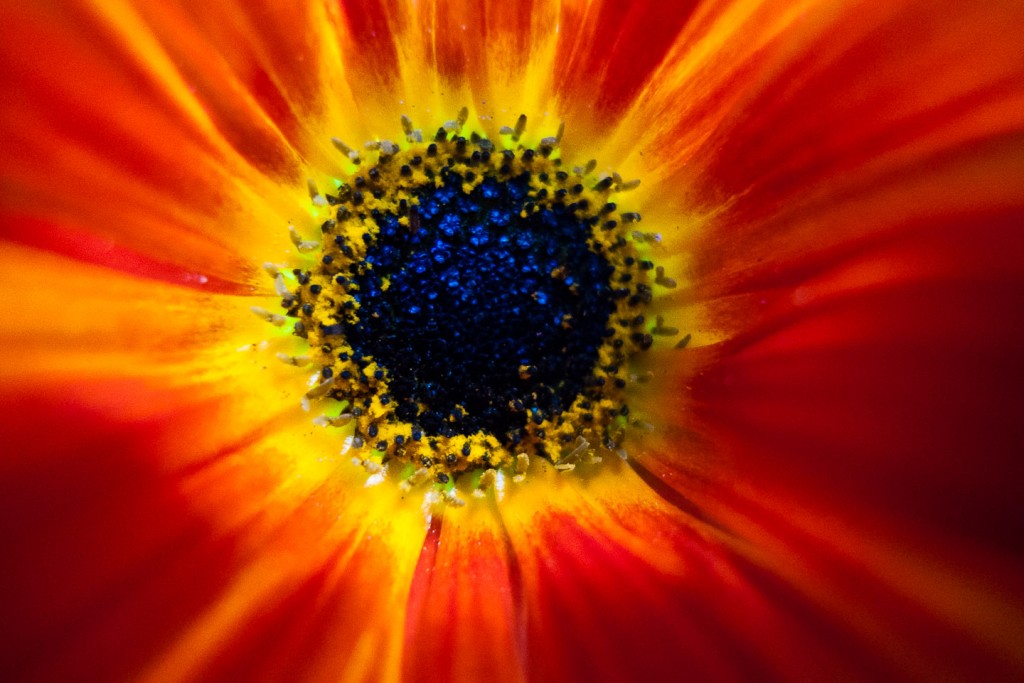By Louise De Salva Ph.D.
Not that we really need convincing, but Louise De Salva begins Writing as a Way of Healing with proof, example after example, of writers who have used writing asa salve for their grief, illness, trauma and pain.
- Henry Miller, despondent and suicidal because June has left him for a woman, writes through the night a piece he calls June, which outlines the famous books he would write over the next 30 years. (Tropic of Cancer, Tropic of Capricorn, Sexus, Nexus and Plexus.)
- Marcel Proust writes over a million words of Remembrance of Things Past while in bed with asthma.
- D.H. Lawrence writes poems about his mother, at her bedside, while she is dying. He later writes Sons and Lovers, a novel that explores their complicated relationship
- Alice Walker tells us that writing “is a matter of necessity and that you write to save your life and so far it’s been a very sturdy ladder out of a pit.
- Isabelle Allende starts House of the Spirits as a letter to her grandfather, who is dying in Chile. Allende cannot keep her promise to him to attend the nearly 100-year old man because she is in exile from Venezuela, where her uncle, the former Chilean president Salvador Allende, was murdered.
- Virginia Woolf writes Jacob’s Room, portraying a character based on her brother Thoby, who died young.
De Salva offers guidelines for writing through your grief and pain, including:
- Write, periodically, for 20 minutes a day, four days in a row
- Write about your current issues
- Include joys and pleasures
- Expect to face difficult feelings
- Get support if you need it
- Don’t’ write as a substitute for action
- Don’t become too self absorbed.
The second half of De Salva’s book describes a process and a program yuou can use to write and heal your life. What I most like is that De Salva has studied Japanese Zen ideas about writing and writers. While Americans glamorize writers with substance abuse and dysfunctional families (it’s considered good for the writer), the Japanese view the artistry of writing as a process that requires building character, discipline, integrity, order and inner calm.
